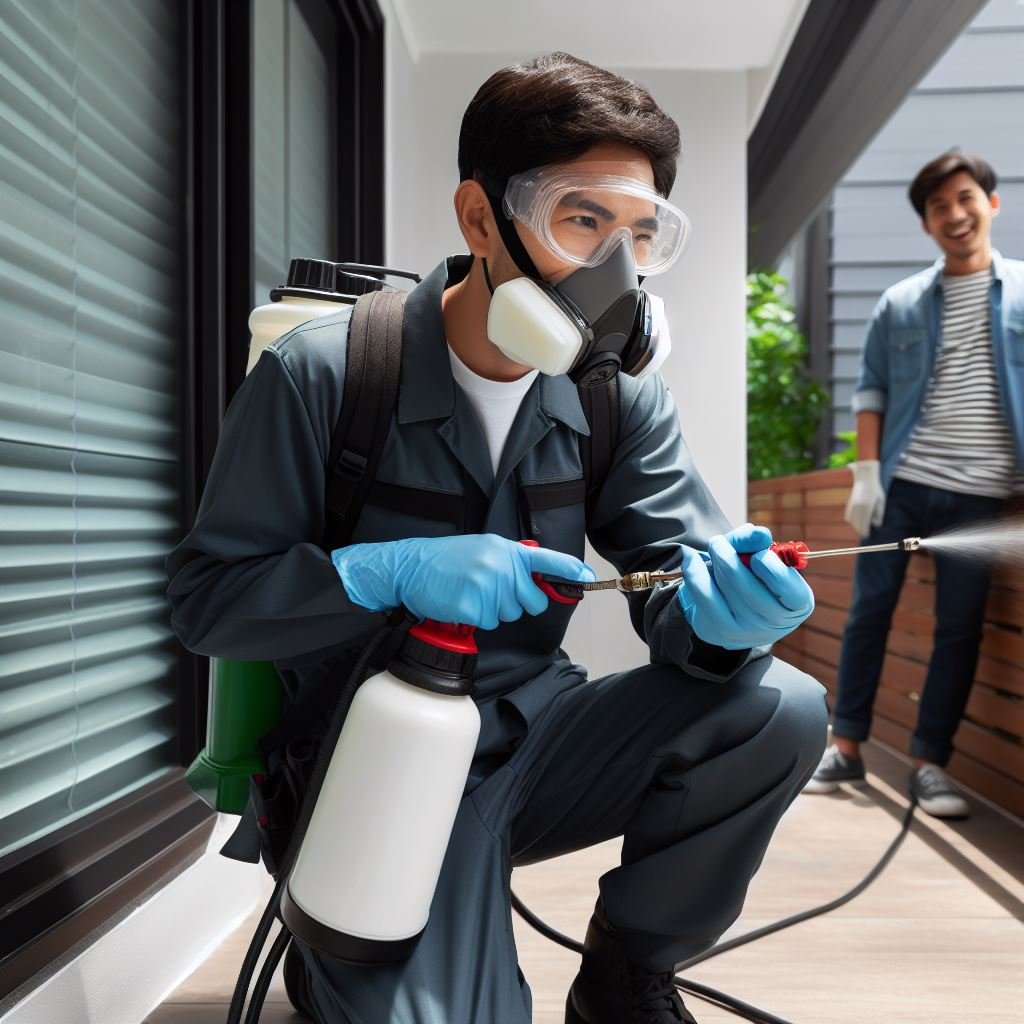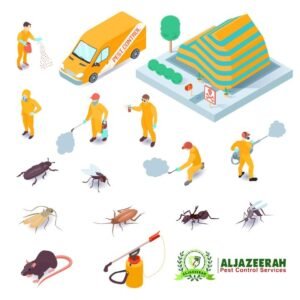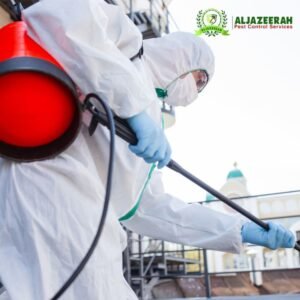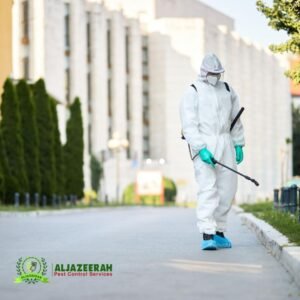Key Takeaways
| Key Takeaway | Description |
|---|---|
| Pest control can be dangerous if not done properly. | There are a number of risks associated with pest control, including exposure to harmful chemicals, physical injury, and property damage. |
| It is important to hire a licensed and insured pest control professional to avoid these risks. | Licensed pest control professionals have the training and experience to safely and effectively eliminate pests. |
| You can also take steps to reduce your risk of exposure to pests by taking preventive measures, such as sealing up cracks and crevices in your home and storing food in airtight containers. | By taking these precautions, you can help to keep your home pest-free. |
How Dangerous Is Pest Control?
Pest control is a necessary evil for many homeowners. Pests can damage our homes, contaminate our food, and even spread disease. However, pest control can also be dangerous if not done properly. There are a number of risks associated with pest control, including:
- Exposure to harmful chemicals: Pest control products often contain chemicals that can be harmful to humans and pets. If these chemicals are not used properly, they can cause skin irritation, respiratory problems, and even poisoning.
- Physical injury: Pest control methods, such as fumigation and trapping, can be dangerous if not done properly. For example, fumigants can be explosive if not handled correctly, and traps can cause injuries if not placed in the right locations.
- Property damage: Pest control chemicals can damage furniture, carpets, and other household items. In some cases, pest control methods can even cause structural damage to your home.
How to Avoid the Risks of Pest Control
The best way to avoid the risks of pest control is to hire a licensed and insured pest control professional. Licensed pest control professionals have the training and experience to safely and effectively eliminate pests. They will also take all necessary precautions to protect your home and your family from harm.
In addition to hiring a licensed pest control professional, you can also take steps to reduce your risk of exposure to pests by taking preventive measures, such as:
- Sealing up cracks and crevices in your home to prevent pests from entering.
- Storing food in airtight containers to prevent pests from infesting your pantry.
- Keeping your yard clean and free of debris to make it less attractive to pests.
Frequently Asked Questions (FAQs)
Q: How often should I have my home inspected for pests?
A: It is recommended to have your home inspected for pests at least once a year. This will help to identify any potential problems early on, before they have a chance to become worse.
Q: What are some signs that I may have a pest problem?
A: Some common signs of a pest problem include:
- Seeing pests in your home, such as ants, cockroaches, or mice.
- Finding droppings or other signs of pests, such as gnaw marks on wood or holes in food packages.
- Noticing an unusual odor in your home, which could be caused by pests or their waste.
Q: How can I prevent pests from entering my home?
A: There are a number of things you can do to prevent pests from entering your home, including:
- Sealing up cracks and crevices in your home’s exterior, such as around doors and windows.
- Repairing any damaged screens or vents.
- Storing food in airtight containers.
- Keeping your yard clean and free of debris.
Conclusion
Pest control can be a dangerous task if not done properly. However, by following the tips in this article, you can help to reduce your risk of exposure to pests and their associated hazards. If you are concerned about pests in your home, it is important to contact a licensed and insured pest control professional.





